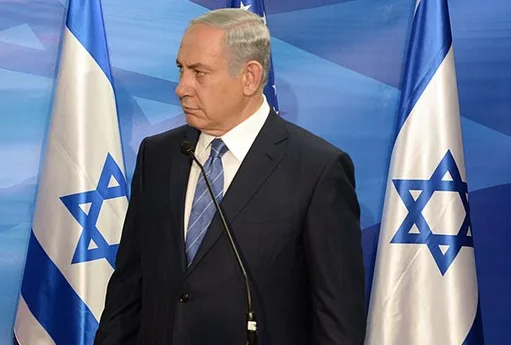Journalist Yaakov Grodka predicts a decade-long opposition for ultra-orthodox parties, sparking a national debate
In a compelling monologue on Kol Barama radio, Yaakov Grodka, a respected voice within the Haredi community, passionately argued why he foresees a prolonged period in opposition for ultra-Orthodox parties. His words, aired recently, ignited a nationwide discussion about the future of religious life in Israel.
Reflecting on potential conversations with his son in ten years, Grodka pondered aloud, “Dad, why have the haredi parties been in the opposition for ten years?” He expressed deep concern over the erosion of the world of Torah and the compulsory conscription facing yeshiva students, attributing these challenges to the controversial “Rabbis’ Law.”
Embed from Getty ImagesThe “Rabbis’ Law” centres on the conscription of haredi yeshiva students into the IDF, a contentious issue exacerbated by the expiration of the previous conscription exemption law in June 2023. This legislative gap has prompted intense governmental efforts to find a new balance between national security and haredi religious practices.
Prime Minister Benjamin Netanyahu’s proposed draft law includes recruitment targets and financial penalties for non-compliant yeshivas, drawing criticism for its perceived political motivations rather than genuine problem-solving. Defense Minister Yoav Gallant and National Unity party leader Benny Gantz advocate for a fair resolution that respects both security needs and Haredi community autonomy.
Recent weeks have seen significant developments, with the Israeli government pushing forward plans to integrate more haredi men into national service, either through military or civilian avenues. This initiative has met staunch resistance from the Haredi community, who argue it threatens their religious way of life.
Despite heightened security concerns, opposition to compulsory service remains firm among many haredi leaders, who insist on the right to continue religious studies uninterrupted. This ongoing debate underscores deep-seated tensions within Israeli society, highlighting the divide between secular and religious factions.
Analysis:
Political: The “Rabbis’ Law” has become a pivotal issue in Israeli politics, influencing coalition dynamics and shaping electoral strategies. Ultra-Orthodox parties, facing potential long-term opposition, must recalibrate their political tactics amidst shifting legislative landscapes.
Social: Societal debates over the “Rabbis’ Law” reflect broader tensions between Israel’s secular majority and its religious minorities. The issue highlights divergent views on national identity, civic duties, and the role of religion in public life.
Economic: The debate intersects with economic concerns as policies affecting yeshiva students’ conscription impact employment and social welfare within the Haredi community. Economic factors influence political decisions and societal stability.
Racial and Gender: While less directly applicable, considerations of religious identity and community rights can echo discussions of minority rights and gender roles within religious frameworks, influencing broader debates on equality and inclusion.
This multifaceted analysis underscores how the “Rabbis’ Law” transcends its legislative scope, becoming a touchstone for Israeli identity and governance into the foreseeable future.
